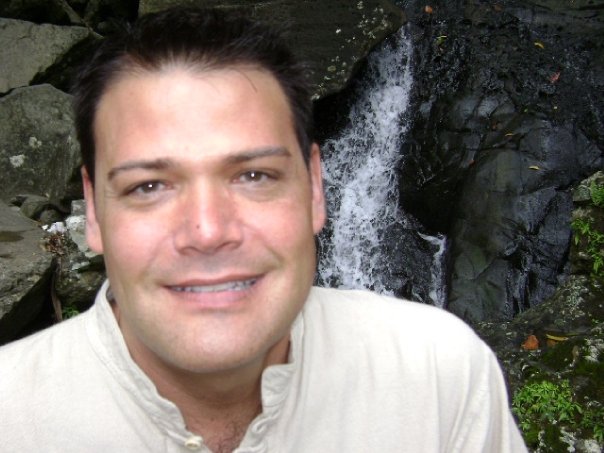When was the first time you realized you were a “they”? It hit me at the age of 14 during a Church of Christ worship service. I was at an age when I was just beginning to accept my sexuality. My earnest prayers to change just didn’t seem to be working. I got the feeling God was yawning through my desperate pleas to make me straight. I finally surrendered and accepted God wasn’t about to make any such change in me. God had liked me as I was created and wasn’t about to do any touch-up work on the artistry.
The preacher’s sermon that particular Sunday was about sin. His intent was to spread a message of love and compassion toward sinners. “We are to love all sinners with all of our heart and soul” he informed us. He even emphasized this love with a peaceful look of fatherly understanding. Then he added, “even those who are Homosexual”. When he said this, a look of disgust came over his face. He grimaced as if he had just sucked a lemon when he said the word HOMOSEXUAL. It was then, I knew I would never be a “we” but a “they”.
I did not want to be a member of a “They Community”. I heard about those people. They were always a trouble-making group responsible for all the strife in this world. Whether “they” were African-Americans or “they” were recent immigrants, or “they” were from another church background, it really did not matter, I knew being labeled “they” was not something I wanted put upon myself. God’s Will, however, is not always my own. Instead, God chose to make me a bona fide they person.
Chances are, those of you reading this, are they people as well. We are in good company. Jesus and His Disciples were theys. The Apostle Paul and John the Baptist were very they, and poor Mary Magdalene was always winding up in a they community. In fact, most Biblical heroes in the Bible were theys. Christ even confirms our good standing in the Beatitudes in Matthew Chapter 5. After all, He didn’t address that sermon to the we’s of the world.
Even though I have come to respect God’s Will in making me a member of a they group, I still have a we wannabe streak. I have visited Churches where I am a we, and I must admit it was comforting. But sadly I found the temptation to create a new group of they people to be overpowering. Now “they” were Fundamentalists, or “they” were ex-Gays, or “they” were closed minded Christians. I had just come full circle. The anger and fear I felt inside the Church of Christ had been recycled and directed toward a new set of people. That didn’t seem to be the point of Christ’s ministry to me.
When Christ shed His blood on Calvary, He did so for all. Through Christ’s death and resurrection, He gave us the ability to become one in the Spirit. In (Matthew 28:18-20), Christ confirms this and tells His apostles to go out and spread the Good News to all. The Christian Church has had difficulty from the start comprehending the word all. Christians have been reluctant to share this Good news with just anybody. Instead it has been guarded and given to those who seem worthy of such wonderful blessings. As long as this attitude prevails, there will always be Whosoever Christians bearing witness to this wrongdoing.
Being a Whosoever is a tough calling. It requires accepting oneself as is and praising God for it. It means showing the Light of Christ in one’s life so others may not walk in darkness. God assures us that we will not be given more than we can handle. Through surrendering our fears and anger and placing our faith in God, Whosoevers have the opportunity to teach the true meaning of Christ’s ministry to the Church. Simply put, all truly means all.

A native of Gary, Ind., Jeffrey Allen Gifford attended the Church of Christ and graduated from Merrillville (Ind.) Senior High School and Purdue University before relocating to Saint Petersburg, Fla. He earned a masters in library and information science from the University of South Florida and worked for the Clearwater Library.
